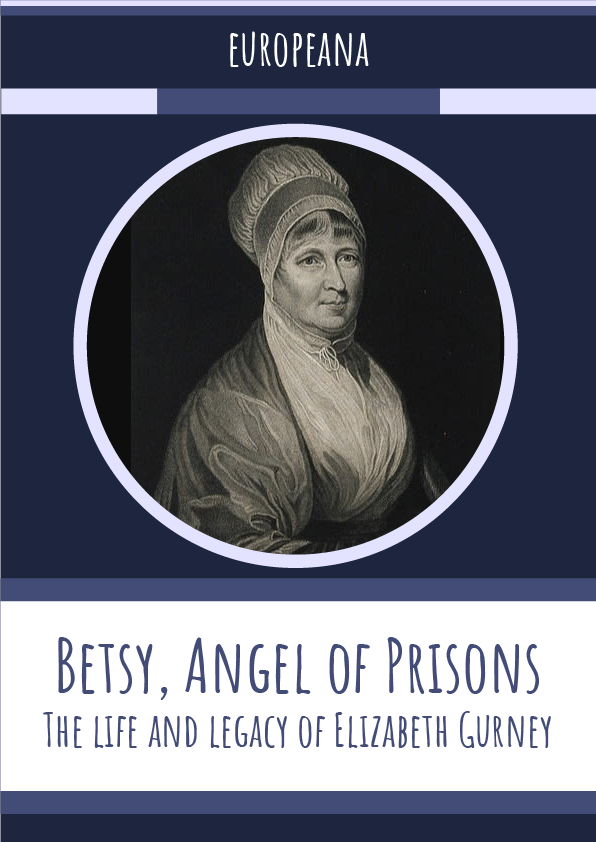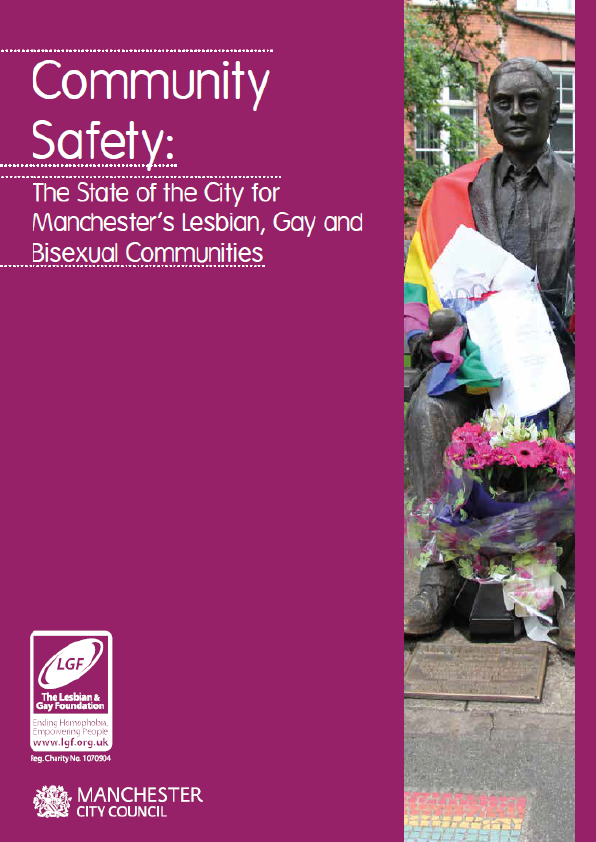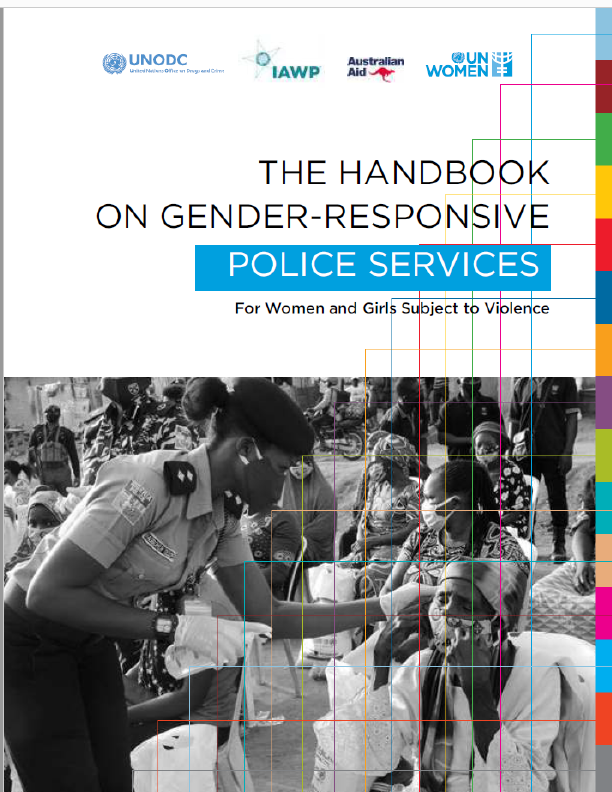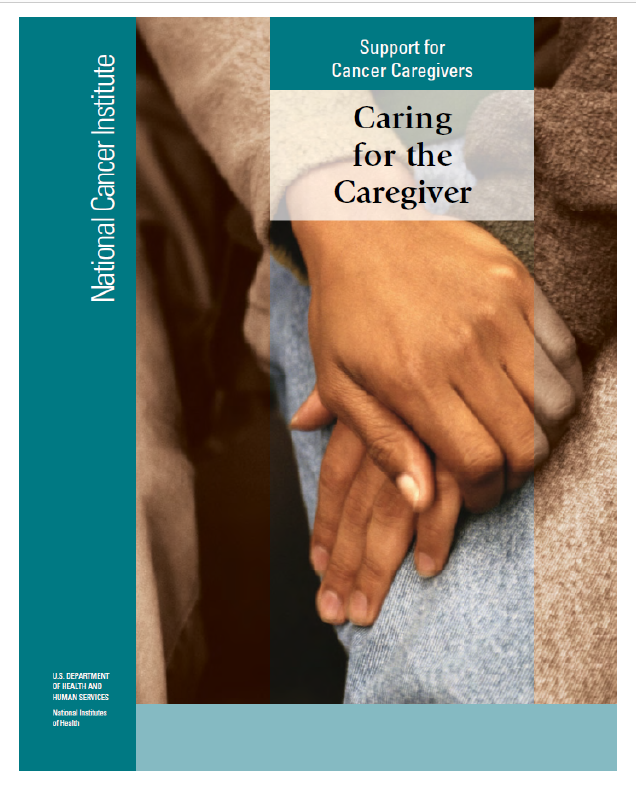The life and legacy of Elizabeth Gurney
Elizabeth Gurney, or Betsy as she was known, was born on 21 May 1780 to a wealthy family of bankers. Her father, John Gurney, was a partner in Gurney’s Bank, and her mother, Catherine Barclay, came from the family that founded Barclays Bank. Gurney’s eventually merged with Barclays, which is now one of the world’s biggest banks. Today, Elizabeth’s legacy is demonstrated by money. Quite literally. It is her face that you can see on the Bank of England £5 note.
But it wasn’t money that bothered Elizabeth. It was people. The kind of people not many other people bother about – prisoners. She believed that prisons and the treatment of prisoners should be more humane. She fought for new legislation and won. Brought up in a Quaker household (a conservative branch of Christianity also known as the Religious Society of Friends), Elizabeth was moved by the teachings of a Quaker preacher and, aged 18, began taking an interest in the poor, the sick and prisoners. She started a Sunday school to teach children to read, she visited the sick and gave clothes to the poor. The majority of the next portion of her life was taken up with marrying Joseph Fry and having 11, yes 11 children (five boys and six girls). The first time she visited a prison – Newgate Prison in the early 1800s – she was horrified. She found cramped and squalid conditions, and prisoners held without reasonable trial. Fry did what she could to help, taking food and clothes, even staying overnight there herself and encouraging members of the upper classes to do the same to experience it for themselves. In 1816, Elizabeth set up a school for the children who lived in prison with their parents.
A little nepotism never goes amiss and when Elizabeth’s brother-in-law was elected to parliament, he campaigned on her behalf and Elizabeth was able to address the House of Commons on the conditions faced in Britain’s prisons. She was the first woman to present evidence to parliament. Her influence changed how prisons in the UK are run, and was partly responsible for Prime Minister Robert Peel’s Gaols Act being passed in 1823. And that’s a very brief history of how little Betsy Gurney became Elizabeth Fry, Angel of Prisons.
Explore collections relating to Elizabeth Fry in Europeana, including a memoir of her life, written by her daughter, Francis Cresswell.











